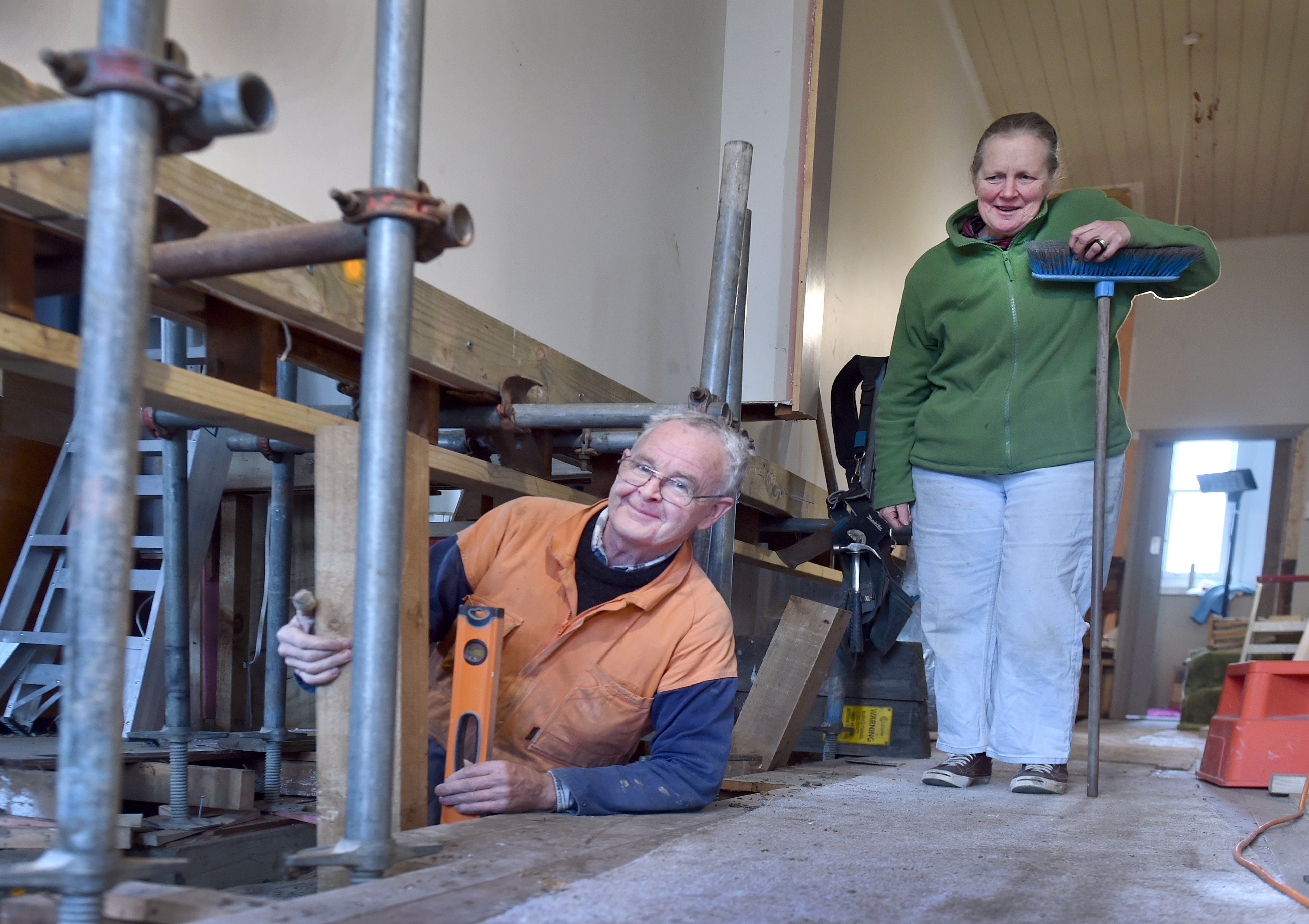
Following the inspiring story "Hope returns for South D couple as house floor raised" (ODT 9.8.25), I visited Marion and Tony McManus in Nelson St.
I wanted to learn more about their pro-active decision to flood-proof their home after being flooded in October 2024.
Their story is one of resilience and community spirit, but begs the question: what does the Dunedin City Council (DCC) owe flood victims when it is the council’s undersized stormwater system causing the floods?
In October 2024, the chronic inadequacy of South Dunedin’s old stormwater system was exposed yet again, resulting in surface flooding over streets, properties and inside houses. Marion and Tony’s home received about 200mm of sewage-contaminated water inside. Their home was yellow-stickered and uninhabitable for four months.
Although their insurer was prepared to pay for "like-for-like" replacement of damaged floors, carpets and walls up to 600mm, this would still leave the home vulnerable to future flooding.
Marion and Tony made the harder and wiser choice to raise their floor by 800mm, putting it above past floods, and hopefully above any future floods caused by DCC’s stormwater system.
This innovative approach — using H5-treated wooden piles on precast concrete pads, dug down to firm ground — was designed by their architect and approved by DCC.
The additional cost to raise the floor was substantial — about $50,000 for labour, $40,000 for materials, and $10,000 for design and permits, totalling $100,000. Not to forget an increased insurance excess of $5000 for any future floods.
Generous suppliers provided discounted timber, concrete and scaffolding, and free submersible pumps for several months.
The difference between a "like-for-like" insurance payout and the raised floor flood-proof repairs was bridged by community generosity.
Carpenter Ken Close and two neighbours volunteered. Some people came to lend skills, others to encourage. Marion’s gratitude was "beyond words" with a new sense of hope and belonging.
In contrast, the DCC offered no financial help, and no fast-track or free permit, instead charging $5500 for the building consent. No rates relief was offered during the months the house was empty.
Residents still pay full rates, even when stormwater systems fail. Surely common decency requires the council to take steps to assist flooded residents to either reinstate or build-back-better? This small act of benevolence would encourage and support blameless victims caught by DCC’s stormwater inaction.
Marion and Tony’s story is a model for resilience, but also gross injustice. Residents and businesses in South Dunedin should not have to experience the physical, emotional and psychological trauma of flooding. They should not have to self-fund the huge costs (tens to hundreds of thousands of dollars) to reinstate or flood-proof their homes.
The principle of "interlocality equity" requires that when one location suffers infrastructure failings, the city takes active steps to restore fairness. It is time for DCC to stop the decades of flooding.
If it continues to refuse, at the very least it should provide post-flood assistance — personal, procedural and financial. This is not charity — it is stormwater justice.
Marion and Tony’s raised floor will keep them high and dry in future rain events. But, if DCC will not fix South Dunedin’s undersized stormwater system, many more flooded families will face the same painful and expensive choice — patch up and wait for the next flood, or go it alone to flood-proof their homes.
Please DCC — do the right thing.
■ Julian Doorey is a member of the South Dunedin Stormwater Justice Group.










